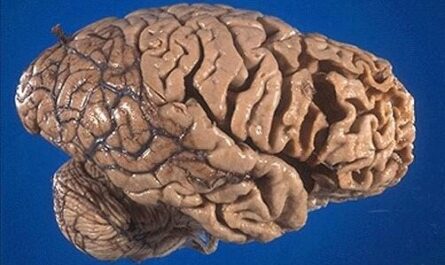New research conducted by neuroscientists at the University of Padua in Italy, in collaboration with CNRS and Université Paris Cité, suggests that babies’ neural development is influenced by the language they hear while still in the womb. The study, published in the journal Science Advances, involved fitting newborn babies with EEG caps to monitor brain activity.
Previous studies have shown that babies in the womb can hear their mother’s voice from around seven months of gestation. They are also capable of hearing other sounds, such as music, voices, and ambient noise. After birth, they can recognize their mother’s voice and specific melodies associated with her speech. However, little is known about how hearing these sounds affects the baby’s brain development. To investigate further, the Italian research team conducted an experiment with 33 newborns and their native French-speaking mothers.
During the experiment, the newborn volunteers wore EEG caps to measure brain activity in the days following birth. As the babies slept, the researchers played recordings of someone reading different language versions of the children’s book, “Goldilocks and the Three Bears.” EEG readings were taken before and after the book was played, as well as during the reading itself.
Analysis of the EEG readouts revealed that babies who listened to the book being read in French showed an increase in long-range temporal correlations. These correlations have previously been linked to speech perception and processing. The researchers believe this finding indicates that exposure to a specific language in the womb, in this case French, has a unique impact on the baby’s brain.
The research team also used detrended fluctuation analysis to measure the strength of the temporal correlations in the EEG readings. They found that the correlations were strongest in the theta band, which is associated with syllable-level speech units. This suggests that the baby’s brain becomes attuned to the linguistic elements present in the language they heard during pregnancy.
Furthermore, the researchers observed that the neural response in the EEG readings was most pronounced when the book was read in French. This indicates that prenatal exposure to a particular language plays a role in the brain’s neural development.
These findings shed light on how language input during pregnancy can impact a baby’s brain development. Further research in this field may help improve understanding of early language learning and potentially benefit babies born into multilingual environments.
*Note:
1. Source: Coherent Market Insights, Public sources, Desk research
2. We have leveraged AI tools to mine information and compile it



